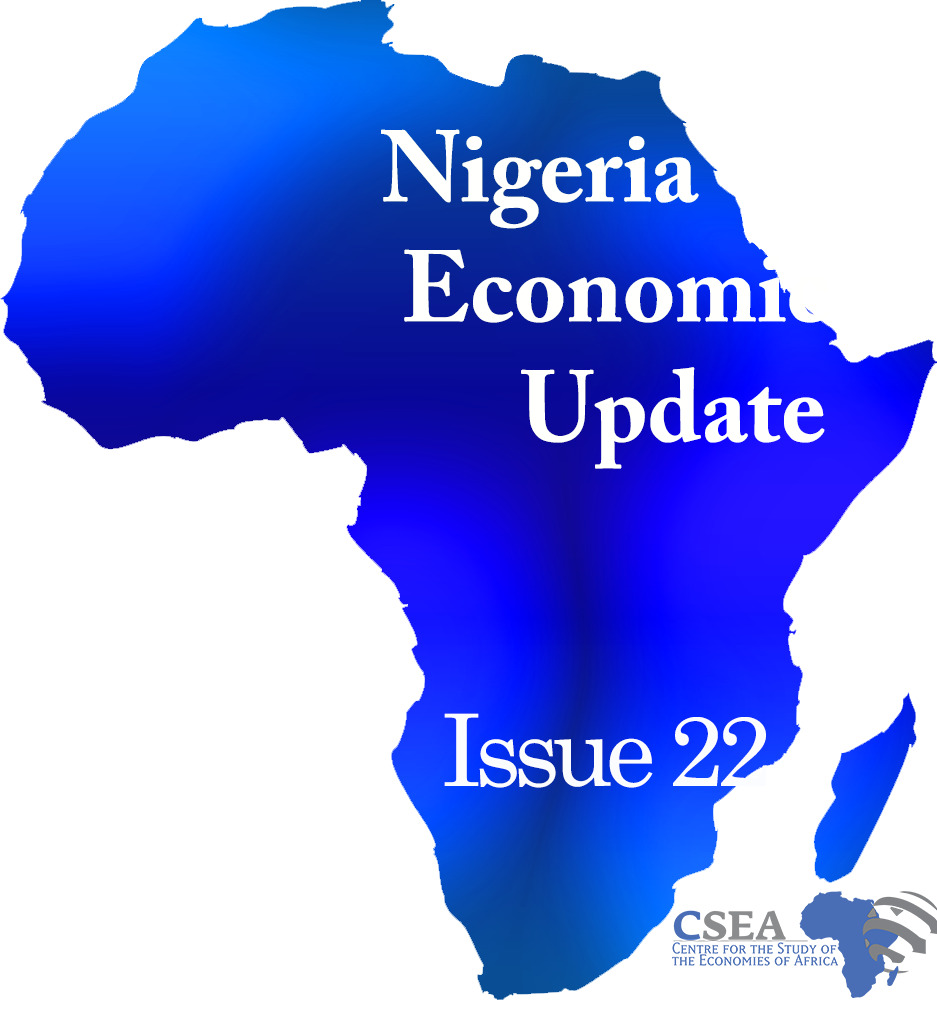
The value of capital importation into Nigeria in the first quarter of 2022 (Q1 2022) decreased to US$1.57 billion from US$2.19 billion recorded in the preceding quarter.1 When compared on a year-on-year basis to Q1 2021, capital importation decreased by 17.46 percent from US$1.91 billion. The largest inflow of capital importation by type was Portfolio Investment, accounting for $957.58 million (60.87 percent), followed by other claims and Loans (Other Investments), which amounted to US$460.59 million (29.28 percent), and Foreign Direct Investment (FDI), which accounted for $154.97 million (9.85 percent). The data shows that Lagos (71.16 percent) and Abuja (28.40 percent) are Nigeria’s leading capital inflow destinations. Despite successive GDP growth, the decrease in total capital importation is related to the perceived high political risk and restrictive foreign exchange policy. Consequently, to encourage foreign investments in Nigeria, the Federal Government should move toward a more flexible exchange policy that would place fewer restrictions on the repatriation of capital and profit by investors. In addition, the government should aim to reduce political risk by institutionalizing frameworks that would ensure that political activities do not hinder the implementation of planned reforms to attract investments. Also, there is a need for learning tours at the sub-national level. Underperforming states need to go to states with significant capital inflows to understand how they could reposition their states to attract investments.
